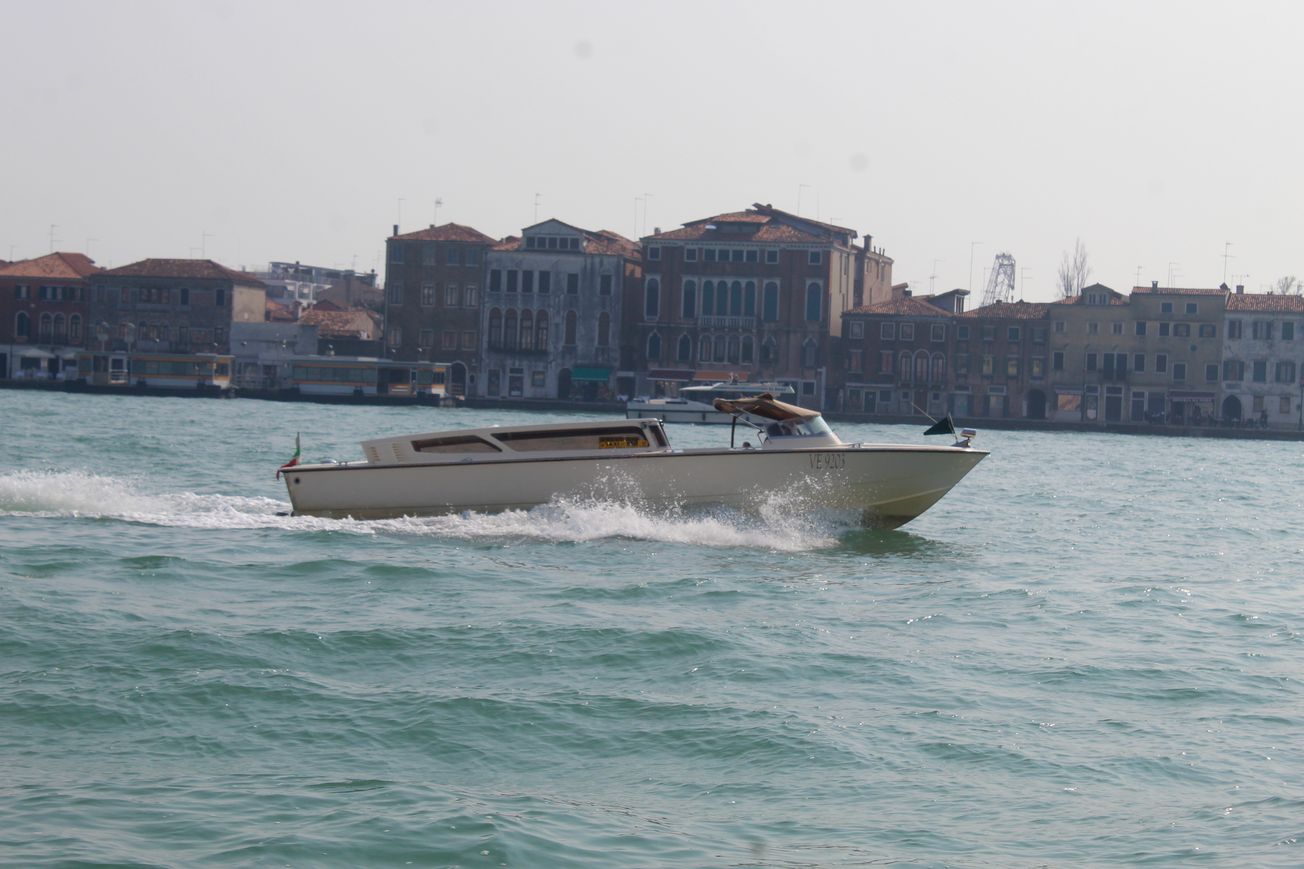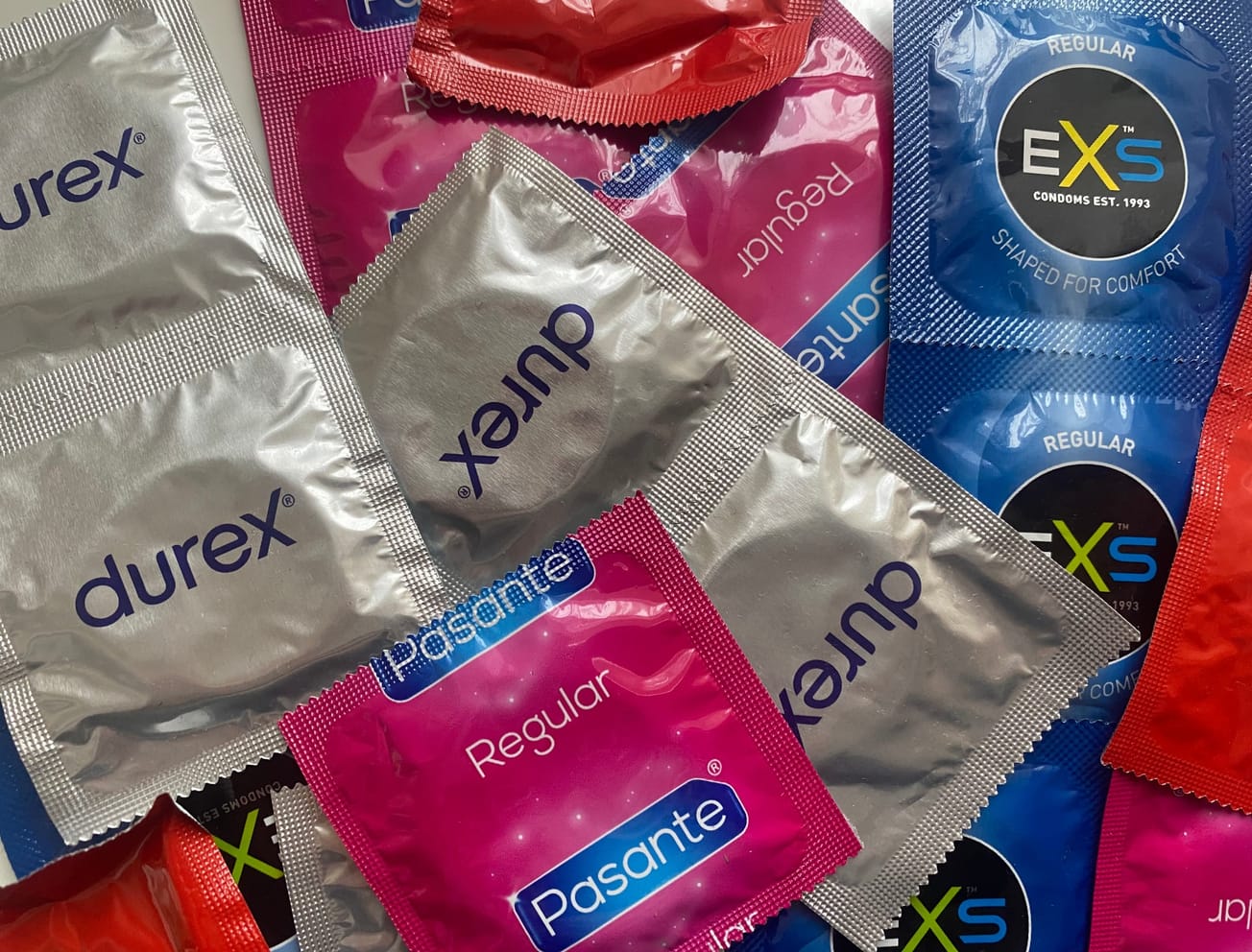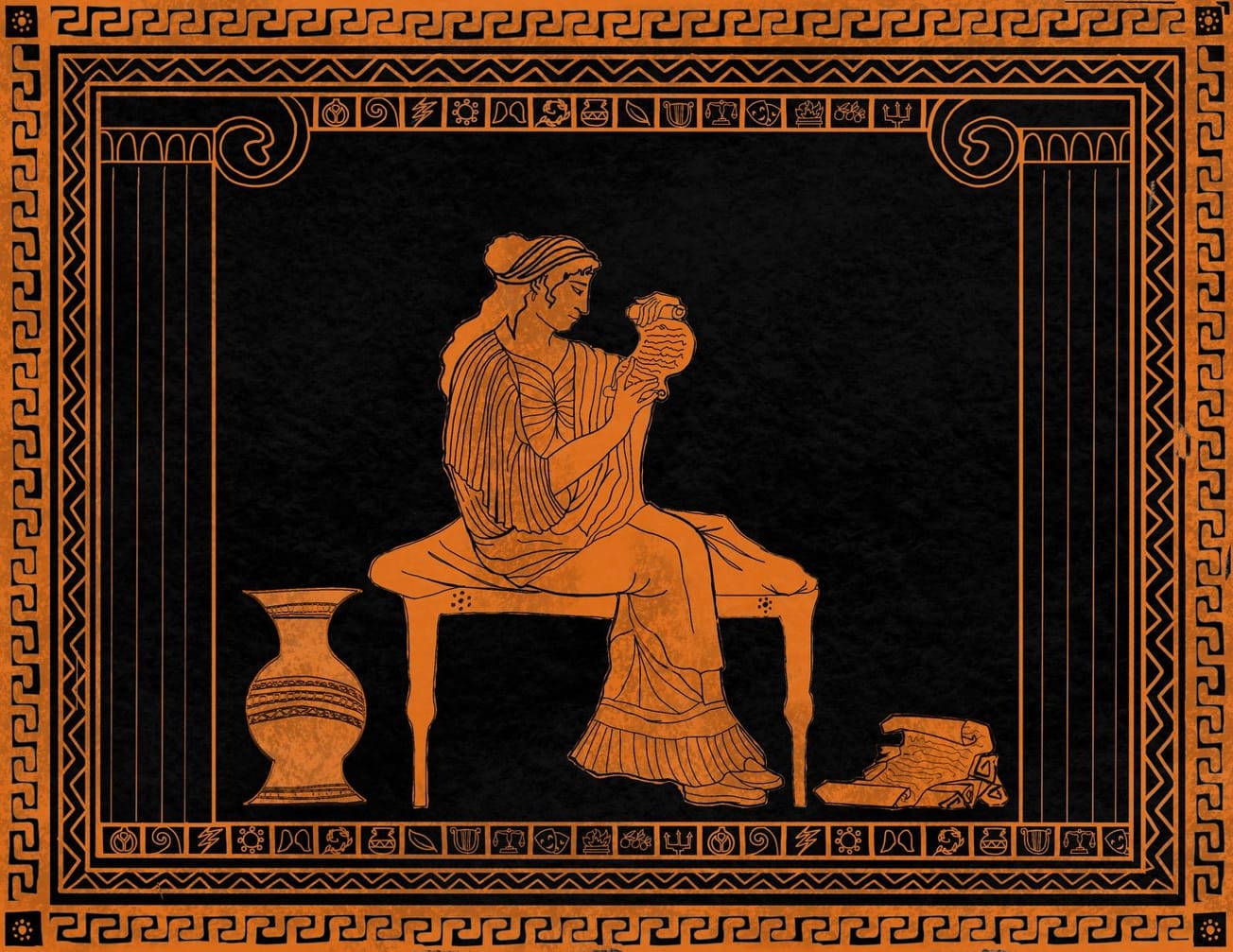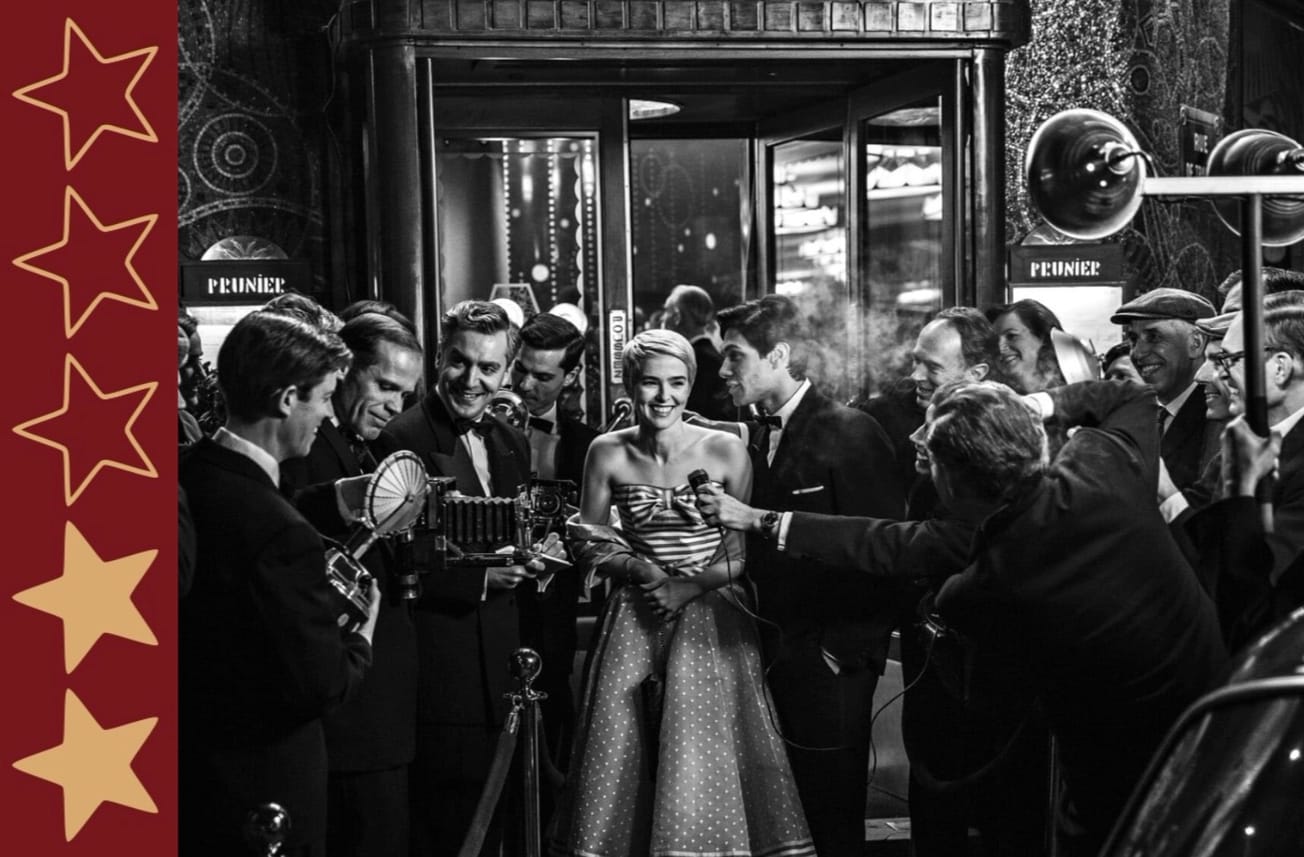By Hereward Mills, Third Year, History
The Croft Magazine // When the things don't go to plan, the adventure is often the richer for it. Cycling the Sea of Galilee is one such tale of toil, exploration and, as a result, a deeper connection with place.
Cycling, like camping, is all in the gear. You can embark on a carbon fibre bike that weighs less than a skateboard and costs more than a family saloon; you can have wafer thin tyres, curled handlebars and no suspension; you can wear cleats, lycra and a helmet that makes you look like an extra in avatar; you can provision with jelly babies, sports gels and isotonic drinks. All this amounts to a peerless experience. The battle is with yourself – and occasionally the elements – not grubby equipment. But it feels slightly unnatural. You’re insulated from the essence of hardship.
An Irishman I met described a bus journey to the base of one of Argentina’s summits. Armed with a plastic bag containing two bottles of water, he met a group with tortoise-esque back packs, water pipes, poles et. al. Either he was stupid, he mused, or they were. The Irishman was wrong; the Argentines probably enjoyed the walk far more. But as he sat in that hostel bar - an overtly fizzy lager in hand, zoning out the noisome American travellers – I’d wager he was the more satisfied.
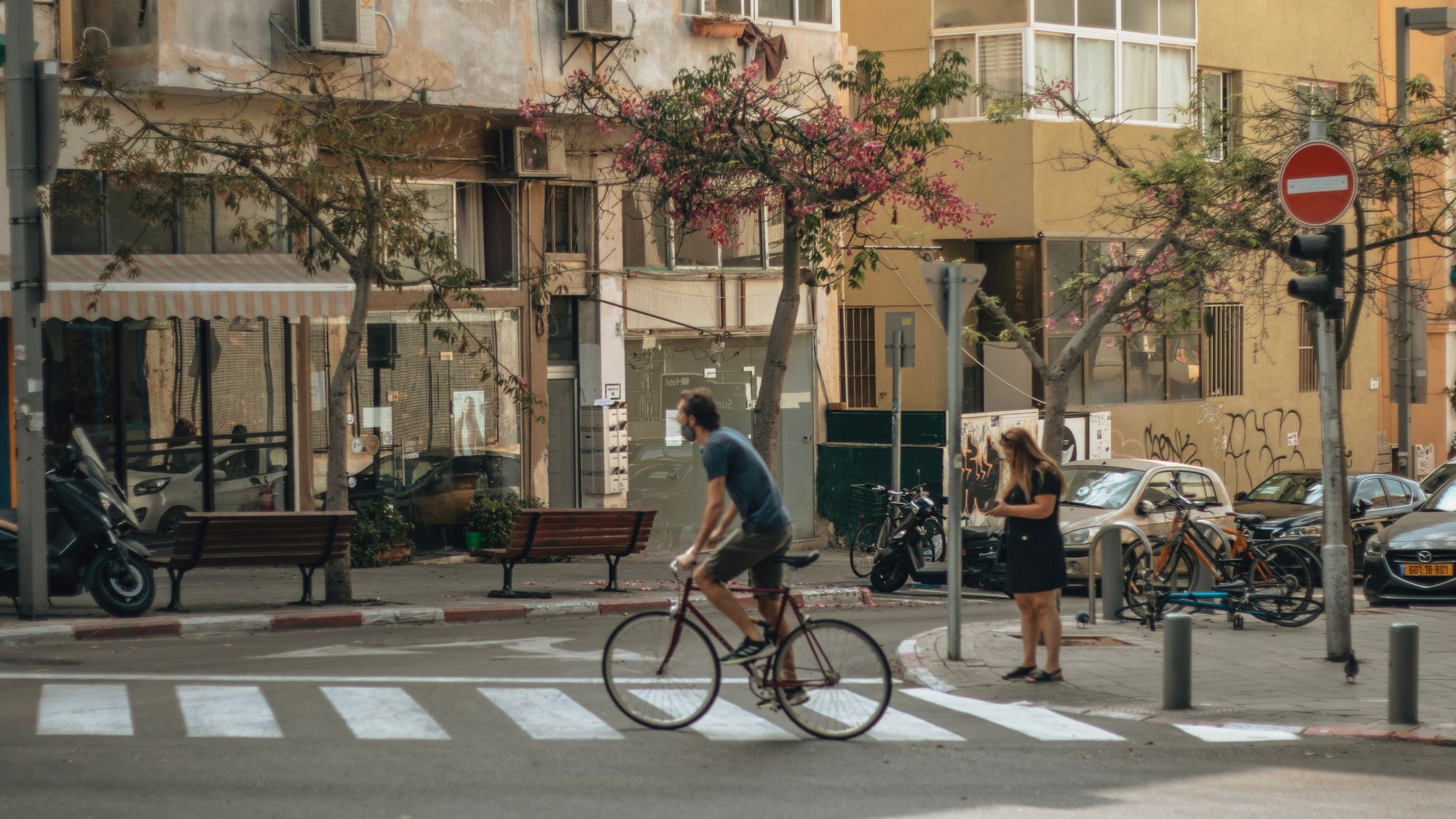
Anyway, we arrived at the Sea of Galilee on the 23rd. It’s where Jesus walked on water, calmed the storm and fed the 5000. It’s also the 2nd lowest lake and lowest freshwater lake in the world. And I’d love to say the place was biblical. I really would. In truth, Tiberias, the main town on Galilee, was an assortment of tacky and overpriced hotels, monotonous falafel shops, and dysfunctional roundabouts. The place was strewn with rubbish. And don’t be fooled by that quaint, spirited, that’s-cricket notion that beaches are public property. Every square inch of frontage was partitioned by proprietorial hotels. The real miracle was that Jesus could access the water, let alone walk on it.
That left us with one option. We’d have to circumnavigate the Sea of Galilee. As everyone knows, that’s the primary purpose of a lake. Ask the population of Geneva. As we embarked on our 70km cycle, we felt we’d done everything wrong. We had paid first world prices for third world bikes. We had fortified on a small chocolate croissant each; the weather was expected to reach 40c by midday; neither of us had exercised properly in several months. The man who got our bikes merely raised an eyebrow, and smirked contentedly; the other explained, with an oratorical gesture, that the feat was possible, but not for us, and certainly not today; the man at the bakery thought we were taking the piss.
We were on the road by 9:30. The early signs were inauspicious. My midget bike made me hunch like Tyson Fury taking tea on an Ottoman. Will’s gears sounded like a fruitful slot machine. Then we took a wrong turn. For 20 minutes we climbed away from the Sea. Long, hard, lonely minutes. In the lowest gear, barely moving forward, eyes glued to the handles, we edged up the desolate expanse on the side of a duel carriageway, sweat and the sunscreen pouring into our eyes, the sun beating on our backs, our legs burning like Prometheus’ innards. In our extreme fatigue we assumed the road would swing round. But it didn’t. We had erred from the strait and narrow.
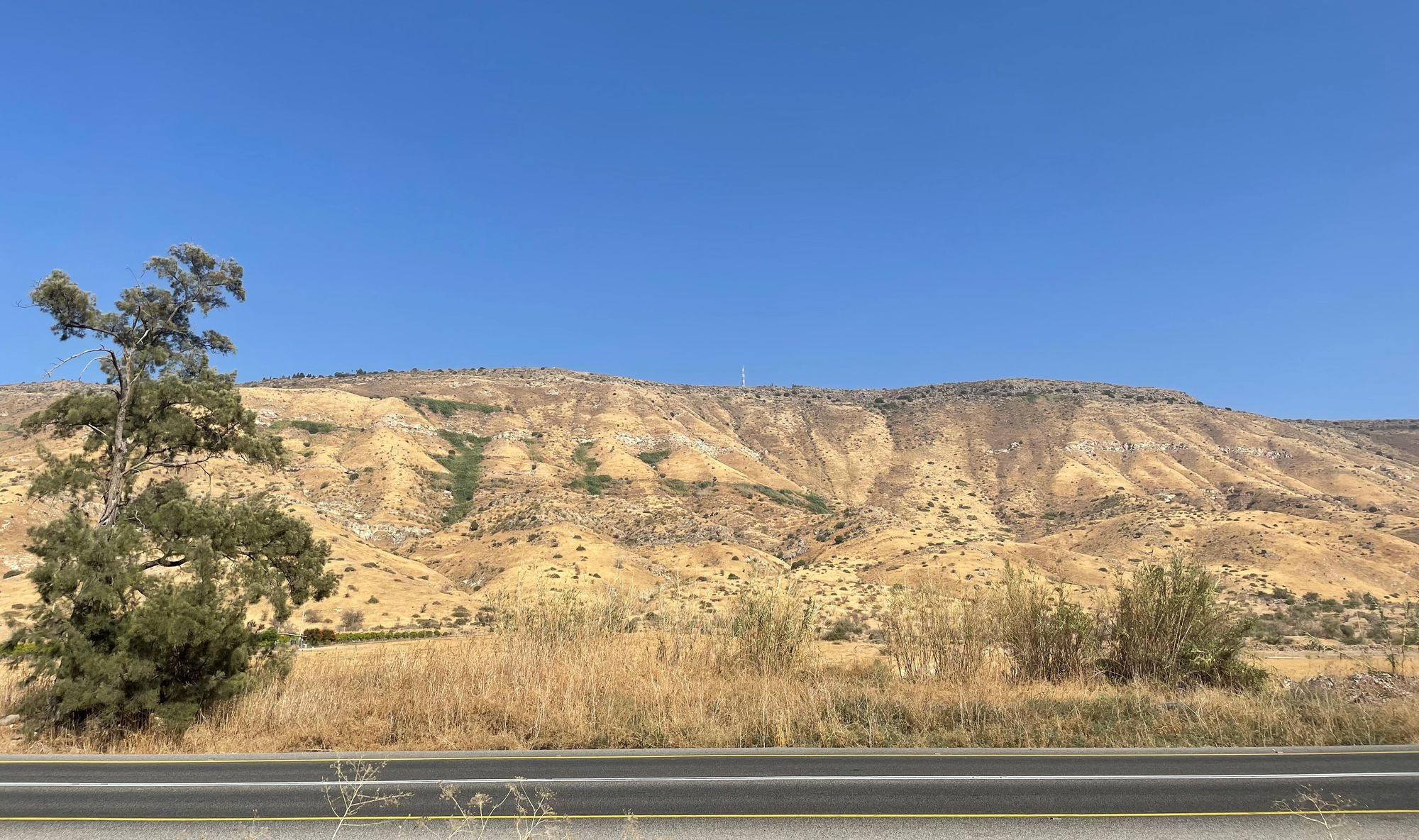
And yet, at the top of that mountain - devoid of all energy, eking the last drops of water, the weather at 40 - I felt biblical. A cooling bathe in the sea, or a boat on the Lake, or sharing bread and fish by the water, bears little semblance to Jesus’s story. And yet our struggle - self-inflicted trifle though it was - made me think of Joseph, trudging through the desert, his wife on a donkey, battling heat and thirst and hunger.
Pride and hope saw us continue. Hope of some food, and some water, and some shelter. Eventually we came on an Arab selling Mangos at a bus shelter. We shared one. Without a knife we ate it like an apple. It tasted like the nectar of the Gods. The perfect, ethereal, almost medicinal balance of sugar and water. As the juices trickled down our faces we agreed it was the best thing we’d ever eaten. Eventually we reach a Kibbutz, now on our last legs. We’d done about 2/3 of the distance, but more like 4/5 of the struggle. The arid, undulating, unpopulated side of the lake had been completed. The rest, after a little lunch malaise, was academic.
As we sat in the bucolic harbour, nourished on dates and the other mango, drinking copiously, double espressos in hand, a man approached us. He’d come from Jerusalem for the day. Where have we come from? The long way? On those old bikes, in this heat, this morning? The incredulity gave way to respect. And it was a respect that no amount of expensive equipment can buy.
Is the message therefore to discover peace through acts of physical endurance? Or is it to invest in some functional gear before a long bike ride? Or maybe to avoid Tiberias? Not really. It's probably this: if ever you find yourself pondering some horrendous act of physical endurance, ill-equipped, ill-provisioned, ill-prepared, go for it - your victory will taste all the sweeter for your struggle.
Featured image: © Josh Littleford
What back-road adventures have you had?

